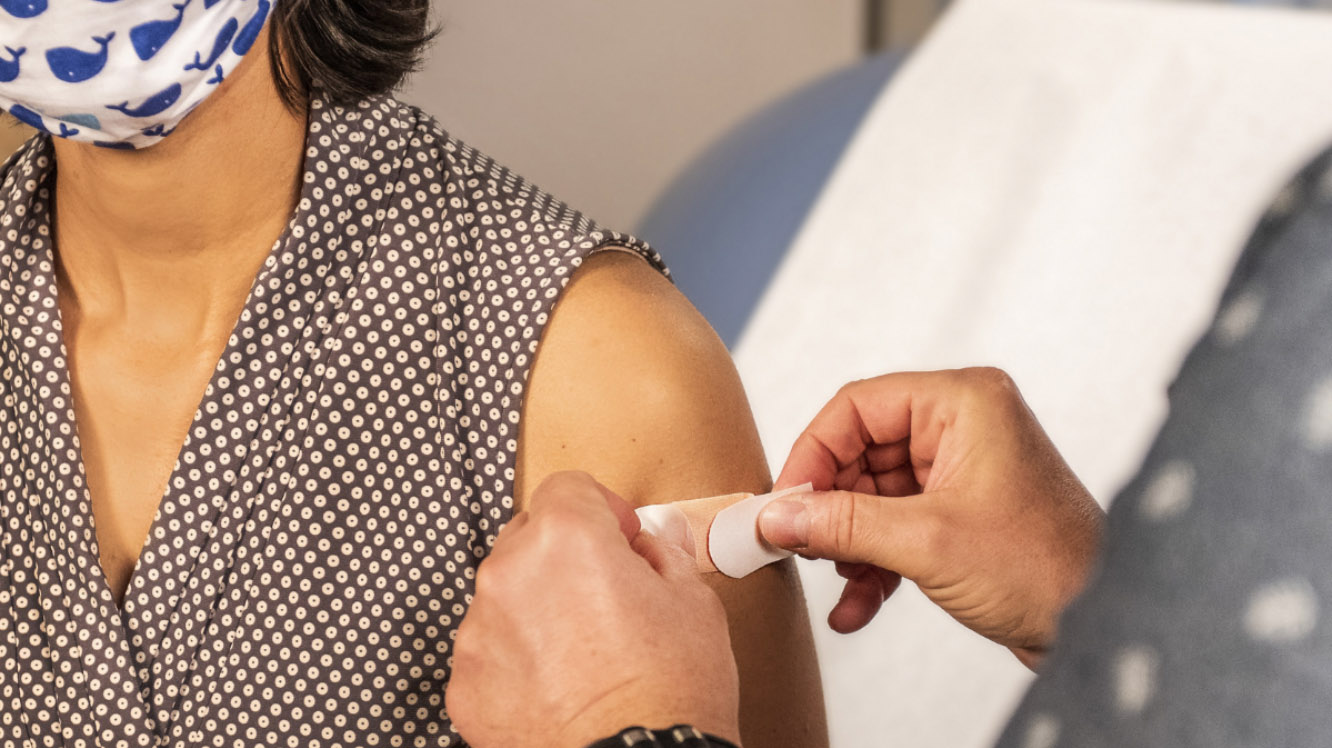- Membership
- Perks and Discounts
- Things To Do
- Resources
- News
- About
- Shop
Related Content
Judge Dismisses Students’ Lawsuit Seeking Refunds From COVID Campus Shutdown
Jan. 23, 2023
The State Court of Appeals ruled this week that a trial judge was correct in...
Read MoreLong Odds, Long Hours
Sept. 7, 2022
Amir Barzin ’06 and other Carolina health experts were handed the seemingly impossible job of...
Read MoreRestaurants Spent Summer Grappling With Labor Shortage
Aug. 20, 2021
When Crook’s Corner announced its sudden, unexpected closing in mid-June, co-owner Shannon Healy fielded condolence...
Read More-
2024
-
2023
-
2022
-
2021
-
2020
-
2019
-
2018
-
2017
-
2016
-
2015
-
2014
-
2013
-
2012
-
2011
-
2010
-
2009
-
2008
-
2007
-
2006
-
2005
-
2004
- Academics and Athletics
- Admissions
- Alumni Profiles
- Alumni Recognition
- Around Town
- Arts
- Books
- Campus Profile
- Campus Safety
- Carolina Alumni Awards
- Carolina Alumni Leadership
- Carolina Alumni Programs and Outreach
- Carolina Alumni Reunions
- Carolina Alumni Review
- Celebrations
- Championships
- College and Costs
- Commencement
- Coronavirus
- Discovery
- Extracurricular
- Faculty
- Faculty Awards
- For the People
- Go Heels
- Greek Life
- Hark the Sounds
- Higher Education
- Homecoming
- In Class
- In Memoriam
- Innovation and Technology
- Issues
- Object Lesson
- On View
- Our Treescape
- Philanthropy
- Podcast
- Public Service
- Race and Reckoning
- Research
- Sexual Assault
- Silent Sam
- Sports
- Structures
- Student Achievement
- Students
- Timelines
- Tuition and Financial Aid
- UNC Libraries
- UNC’s History
- Undergraduate Spotlight
- University Achievements
- University Awards
- University Budget Issues
- University Development
- University Leadership
- University News
- University Rankings
- What We Do
- Who We Are
- Young Alumni
- Yours at Carolina
One Shot Might Do It for Those Who’ve Had COVID
Posted on March 8, 2021
The potential for some Americans to skip a second shot could free up urgently needed vaccine doses. (UNC photo)
New research from the University suggests that people who have had COVID-19 may need only one shot of vaccine.
The study, led by UNC’s School of Medicine and the Gillings School of Global Public Health, showed one dose of either the Pfizer-BioNTech or Moderna vaccine — known as mRNA vaccines — boosted antibodies among those who previously had COVID-19.
“These results support a new and growing body of research suggesting that prior coronavirus infection may act as a primer for the immune response to the first dose of mRNA-based COVID-19 vaccine,” said first study author Dr. Emily Ciccone, a clinical instructor and fellow in the medical school’s Division of Infectious Diseases.
“If this immune response is shown to be durable and protective against subsequent infection in future studies, individuals with a history of infection may be able to forgo the second dose of an mRNA-based vaccine,” Ciccone said.
The potential for some Americans to skip a second shot could free up urgently needed vaccine doses.
While the findings have not been peer-reviewed, the results are consistent with other studies.
The results come from UNC’s COVID Health Care Personnel Study, a joint initiative between the medical school, the Gillings school and the UNC Institute for Global Health and Infectious Diseases. Researchers followed 193 health workers who submitted to routine tests for antibodies — a key part of the body’s response to fight infections such as COVID-19.
Study participants had the opportunity to receive a COVID-19 vaccine through UNC Health’s vaccination program starting in December 2020. After one dose, the antibody response in those who previously had COVID-19 was almost twice as high as those with no signs of previous infection.
“Moreover, the response to the first vaccination among individuals with prior infection was of similar magnitude to the response to two vaccine doses among those who had never been infected,” said corresponding study author Allison Aiello ’98 (MS), professor of epidemiology at the Gillings school.
There was a limited number of people with a prior infection in the UNC study group. Despite the small sample size, researchers revealed a significant difference in response to the first vaccination that has been corroborated by recent studies.
The UNC study stands out because researchers were able to measure antibody responses before and after vaccination, in some cases for months prior to the first vaccine dose.
© 2024 Carolina Alumni
